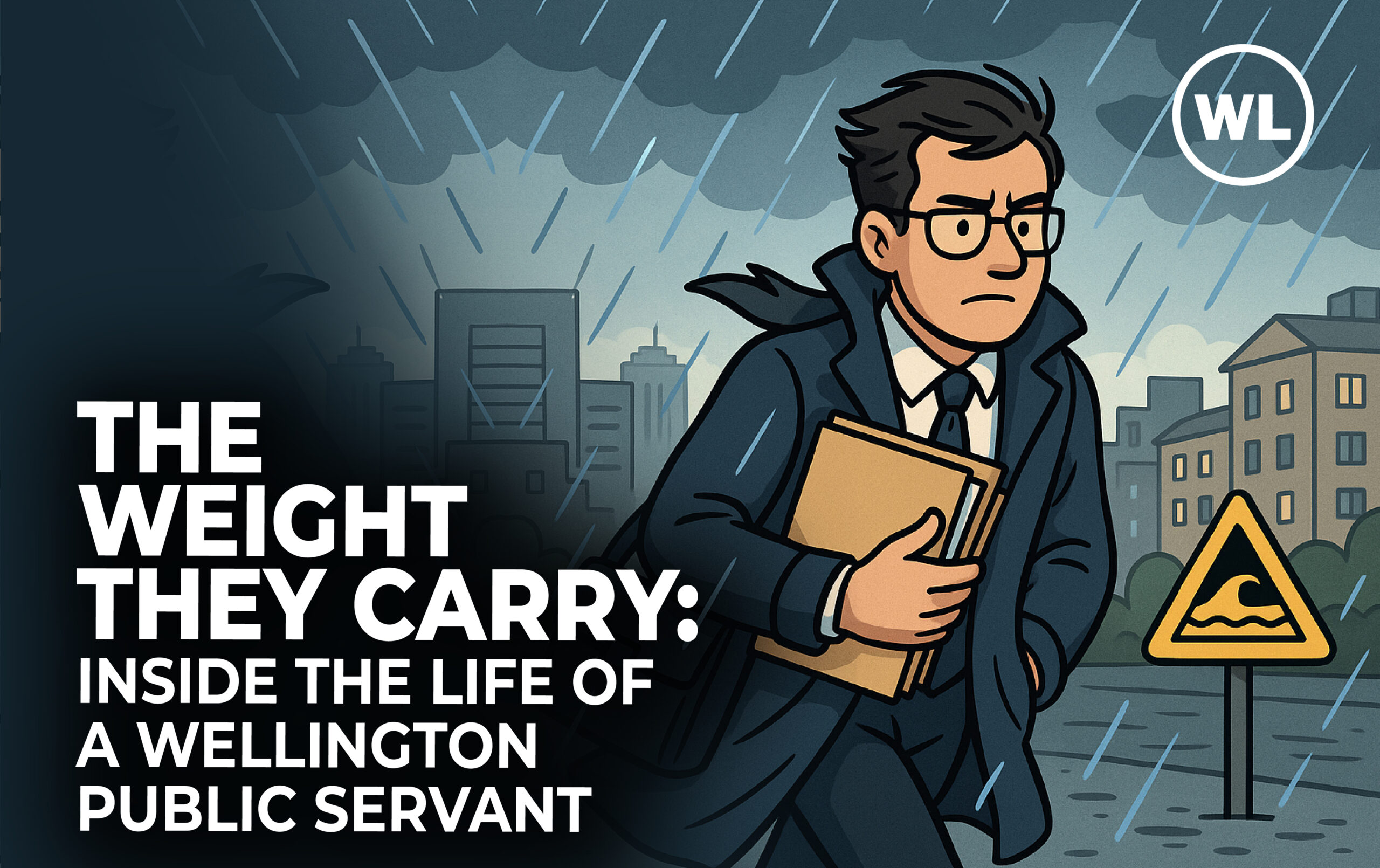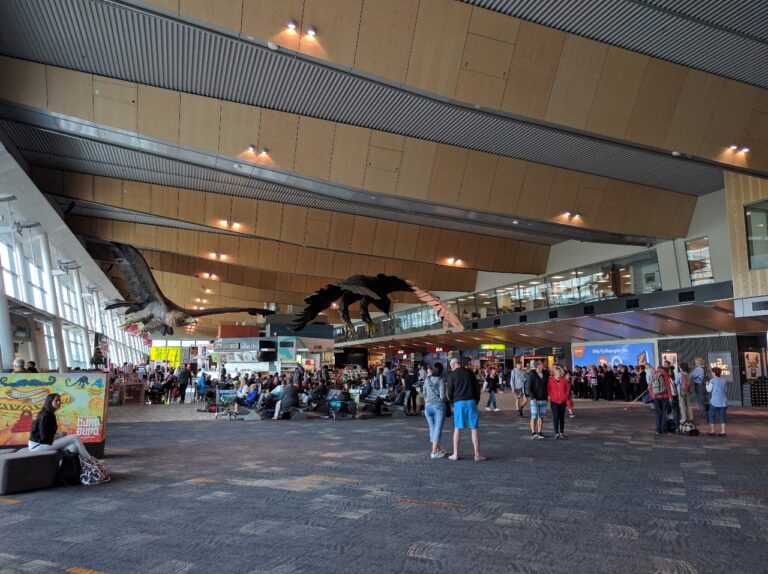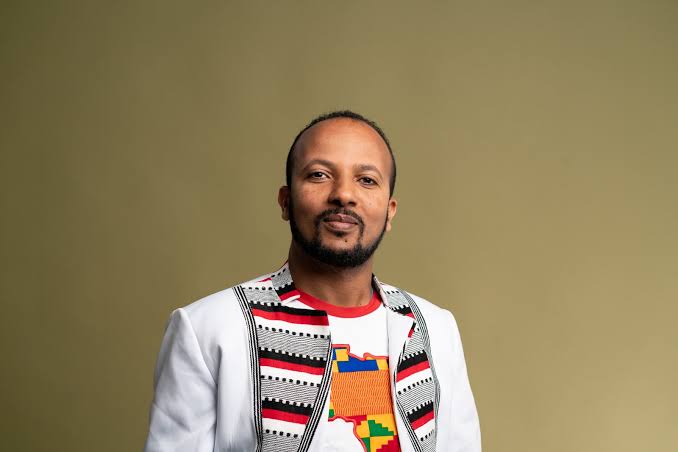Wellington City Council’s decision to sell its 34% stake in Wellington International Airport has sparked significant debate, both within the council and among the public. The move, intended to address financial challenges and establish a “Perpetual Green Investment Fund,” has been met with mixed reactions, especially from councilors who feel the decision contradicts previous commitments.
Councilor Nureddin Abdurahman, who represents the Southern/Paekawakawa ward, has been one of the most vocal critics of the sale. “Whose idea was this? We didn’t campaign on it. All of us, before the elections, advocated that we were not going to sell it, so why are we doing it?” he questioned, expressing frustration over the lack of transparency and community involvement in the decision-making process.

Background on Nureddin Abdurahman
Abdurahman, who arrived in New Zealand from Ethiopia in 2008, has a compelling story of perseverance and dedication. Starting his career in the tourism and warehouse sectors, he later pursued higher education at Victoria University of Wellington, where he earned a master’s degree in international relations. In 2022, he was elected to the Wellington City Council, where he now champions affordable housing, water infrastructure investment, and climate action.
Inspired by former New Zealand politician Annette King, Abdurahman has been driven by a commitment to community service. He also started a small business with his wife and served as Chair of the African Community Council before his election.
Opposition to the Airport Sale
Abdurahman’s opposition to the airport sale is rooted in his belief that the decision lacks a clear mandate from both the community and the council. “We wouldn’t and there’s no mandate from the community—over 75% oppose it, along with the majority of councilors,” he emphasized. He argues that the sale was not part of the council’s original agenda and that it represents a significant departure from the promises made during the election.
The sale is part of a broader $500 million asset divestment plan aimed at addressing escalating costs related to infrastructure projects, climate change, and rising insurance premiums. However, Abdurahman points out that this plan overlooks the strategic value of the airport, which generated a $20 million dividend last year. He also raises concerns about the council’s insurance strategy, noting that the city is already paying significant premiums on insured assets worth $800 million.
Financial Strategy and Environmental Goals
The council’s leadership, including Mayor Tory Whanau, has justified the sale as a necessary step to secure Wellington’s financial future. The funds are earmarked for the “Perpetual Green Investment Fund,” which will focus on investments that meet strict environmental, social, and governance (ESG) criteria. The goal is to ensure that the city’s investments are resilient, diversified, and aligned with its net-zero carbon aspirations.
This fund is intended to support projects that mitigate climate change, enhance infrastructure resilience, and reduce the city’s carbon footprint. By reallocating resources into green investments, the council aims to strike a balance between financial stability and environmental responsibility, helping Wellington transition to a low-carbon economy.
Conclusion
As Wellington City Council moves forward with its asset sale strategy, the controversy surrounding the airport stake highlights the challenges of balancing financial needs with public trust and environmental goals. For councilors like Nureddin Abdurahman, the decision represents a significant policy shift that risks alienating the community and undermining the city’s long-term interests. Whether the council’s strategy will deliver the promised benefits remains to be seen, but the debate has certainly brought critical issues of governance, transparency, and sustainability to the forefront.
TRUTH SEEKER
Instantly run a Quiz with friends... about the article. Interact more & analise the story. Dig in, catch out biased opinions, and "fact check" with TRUTH SEEKER by ONENETWORK WELLINGTONLIVE 👋
Do you agree with the main argument of this article?
Total votes: 0
Who is one of the most vocal critics of the sale of Wellington Airport?
Bias Analysis
Fact Check Summary
Not independently verifiable from the article.
Source: Article
Verified from the article.
Source: Article









